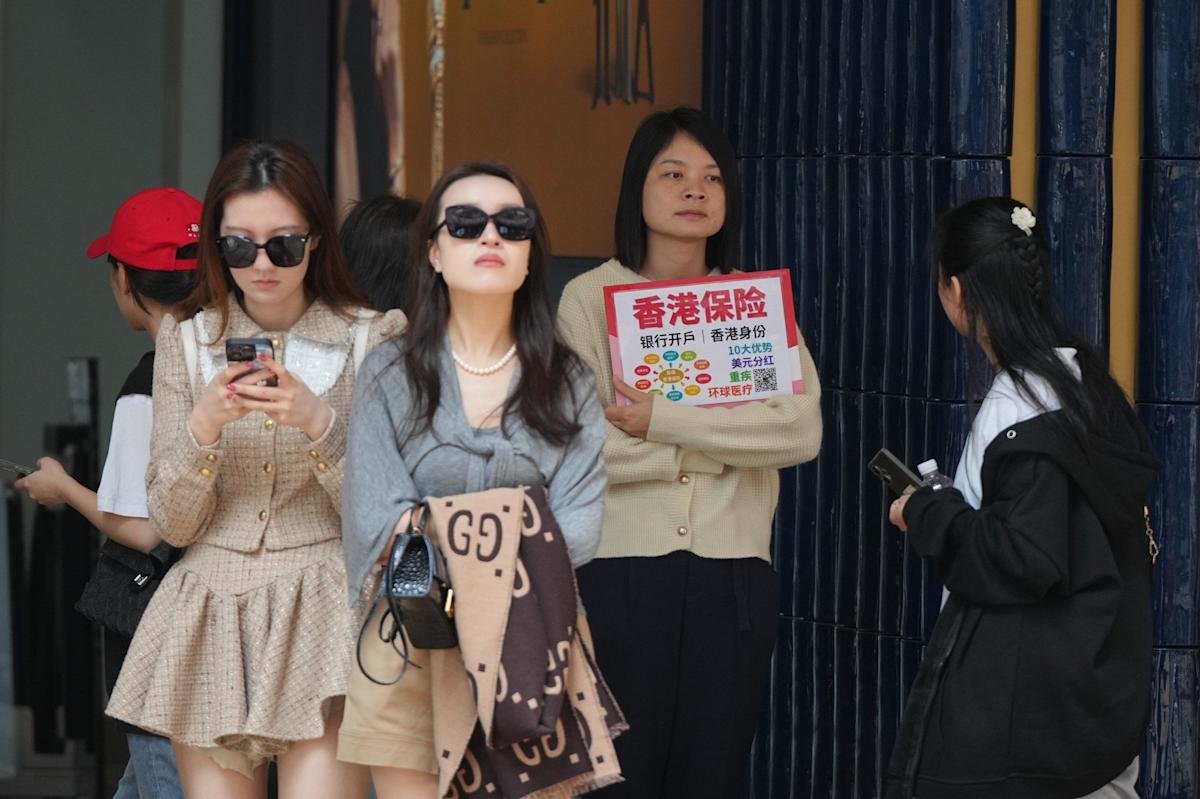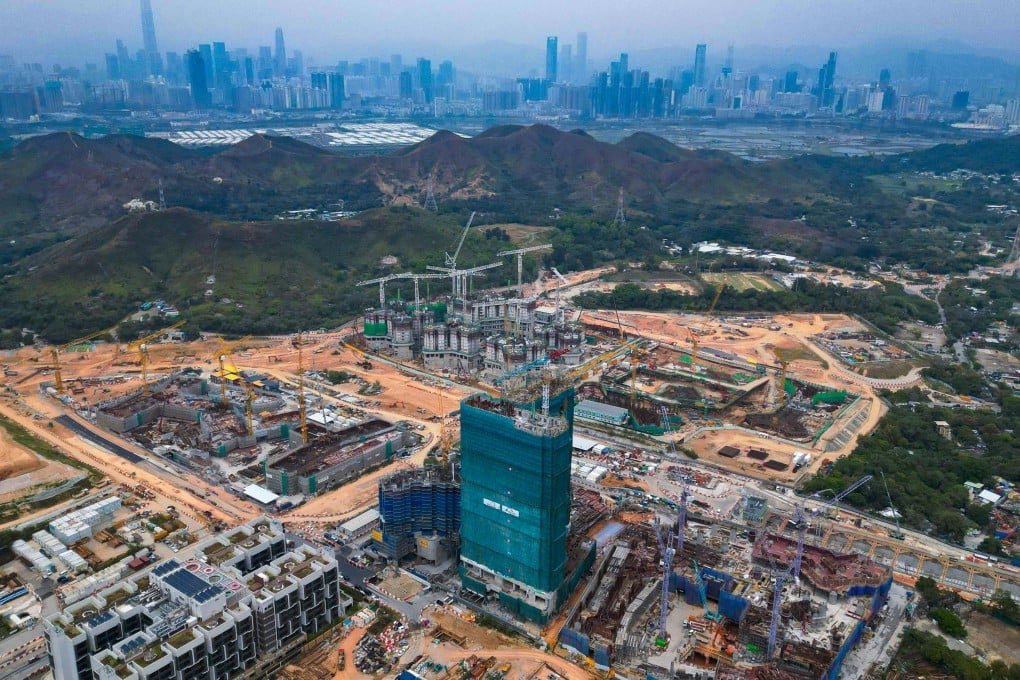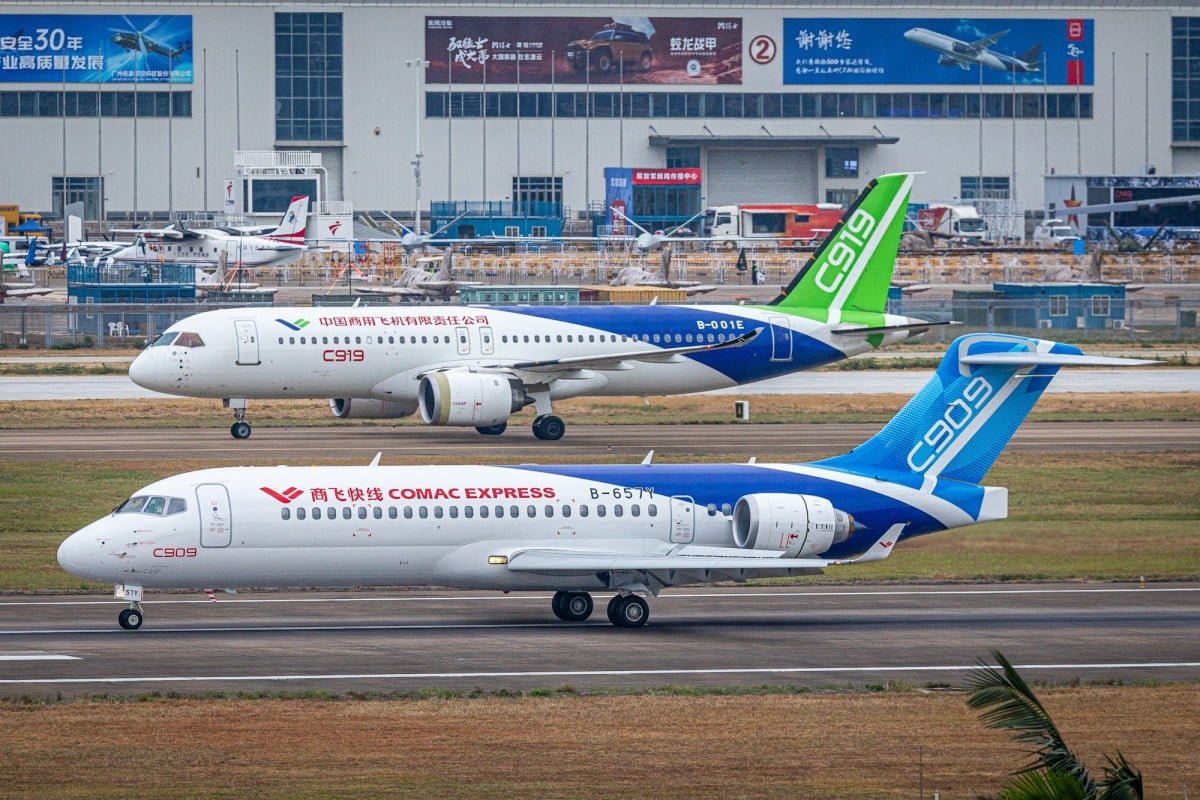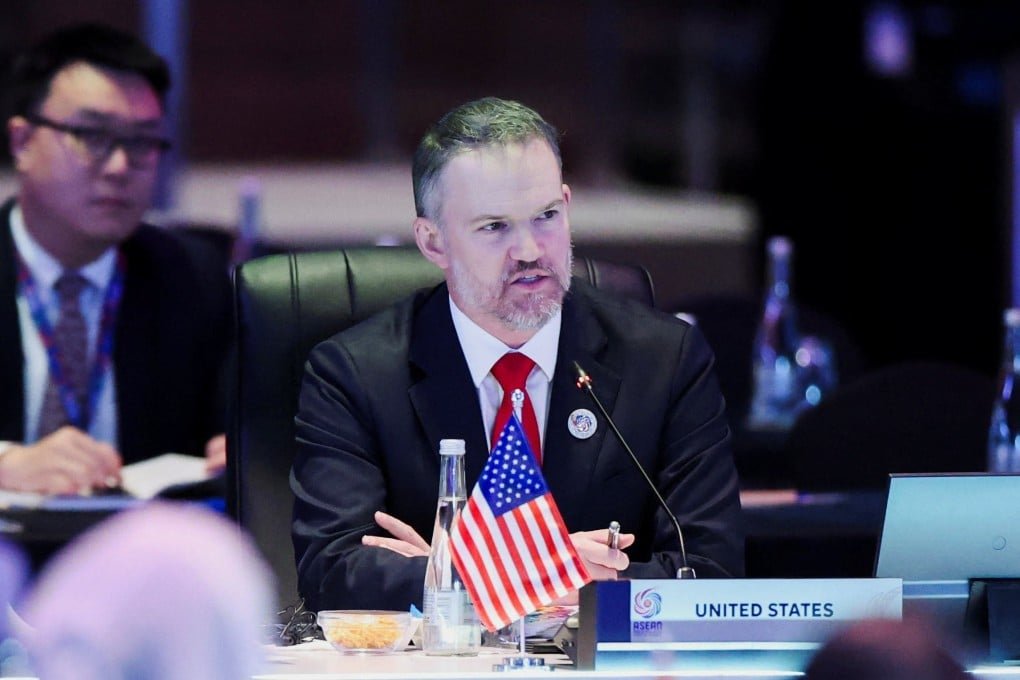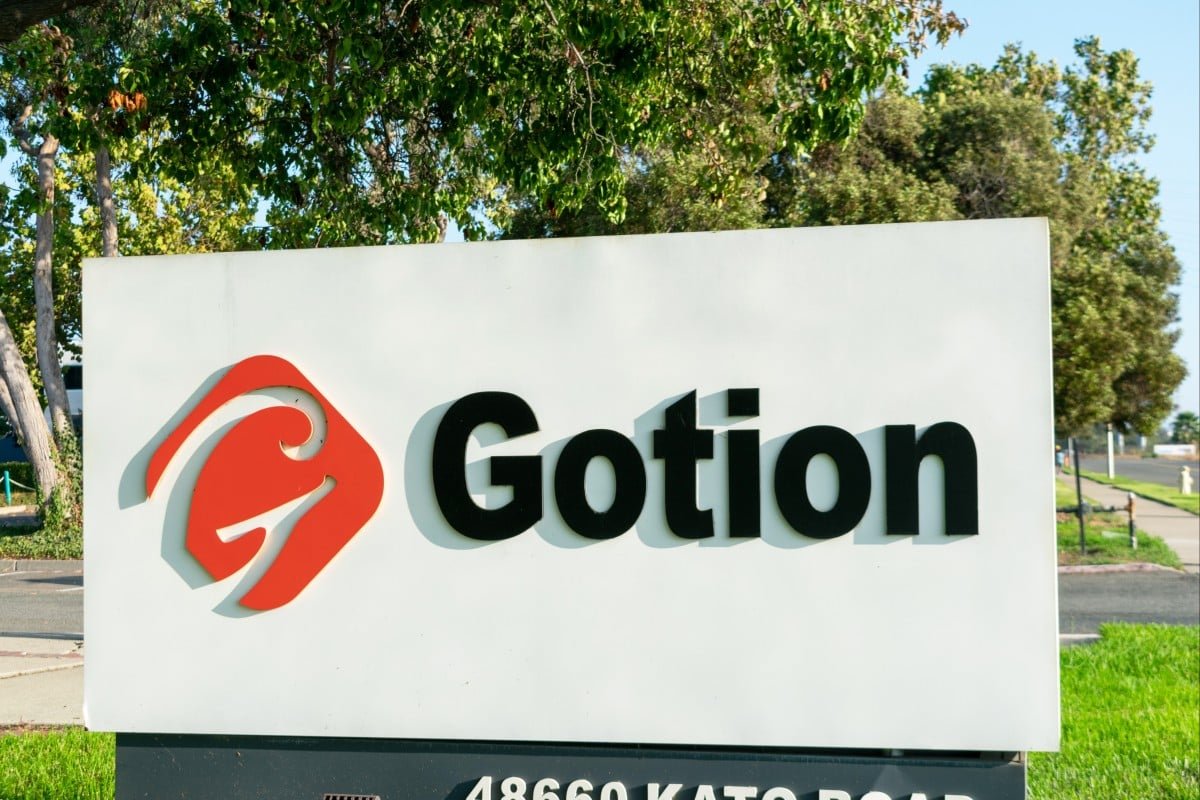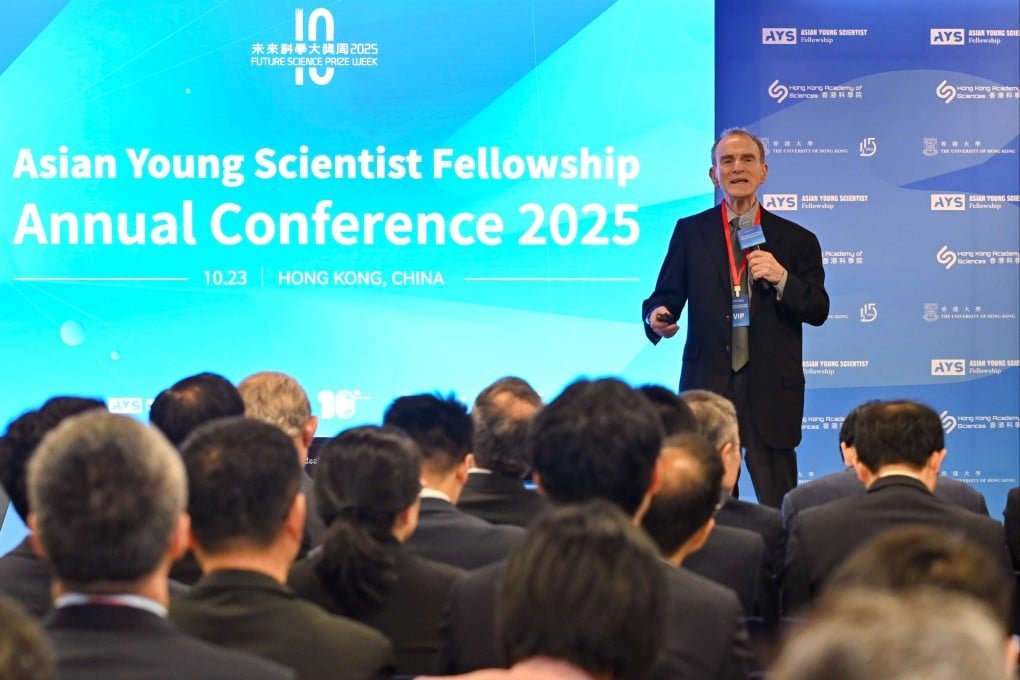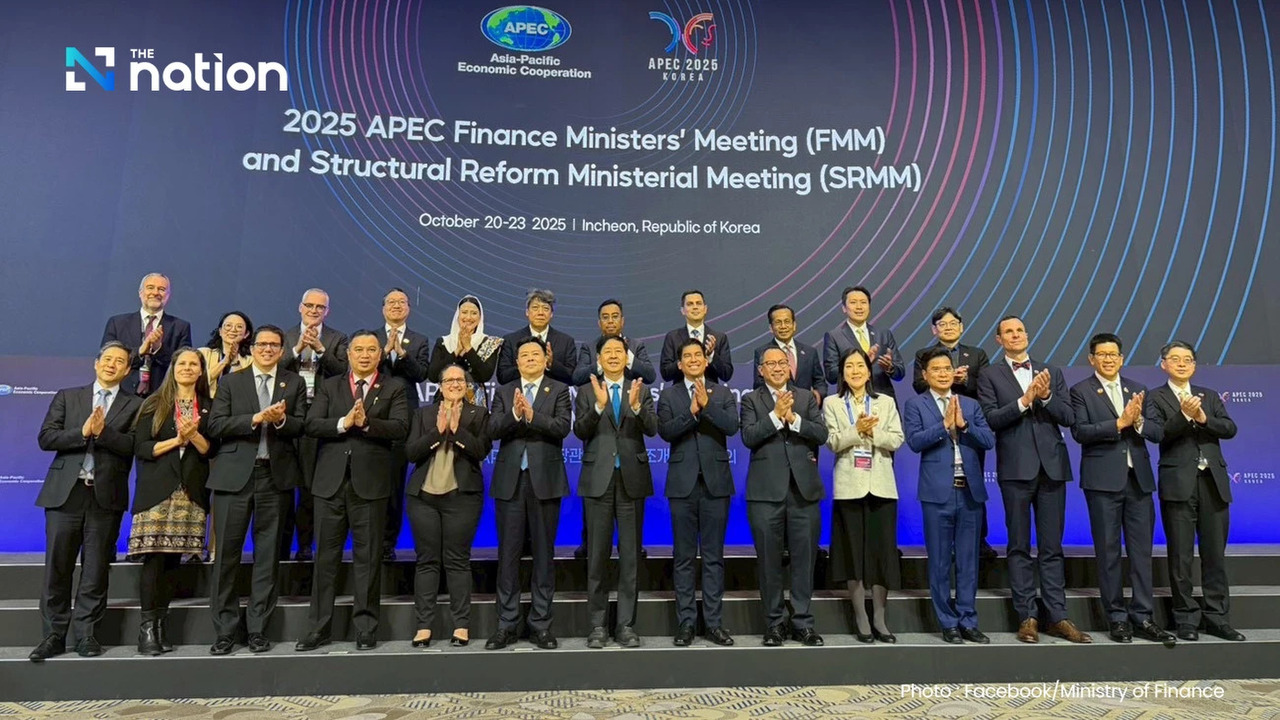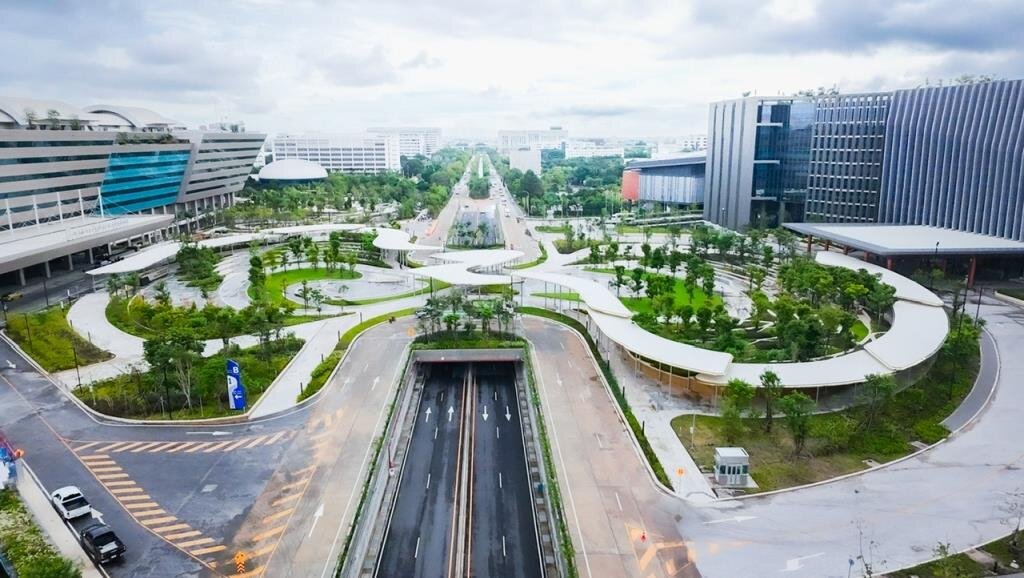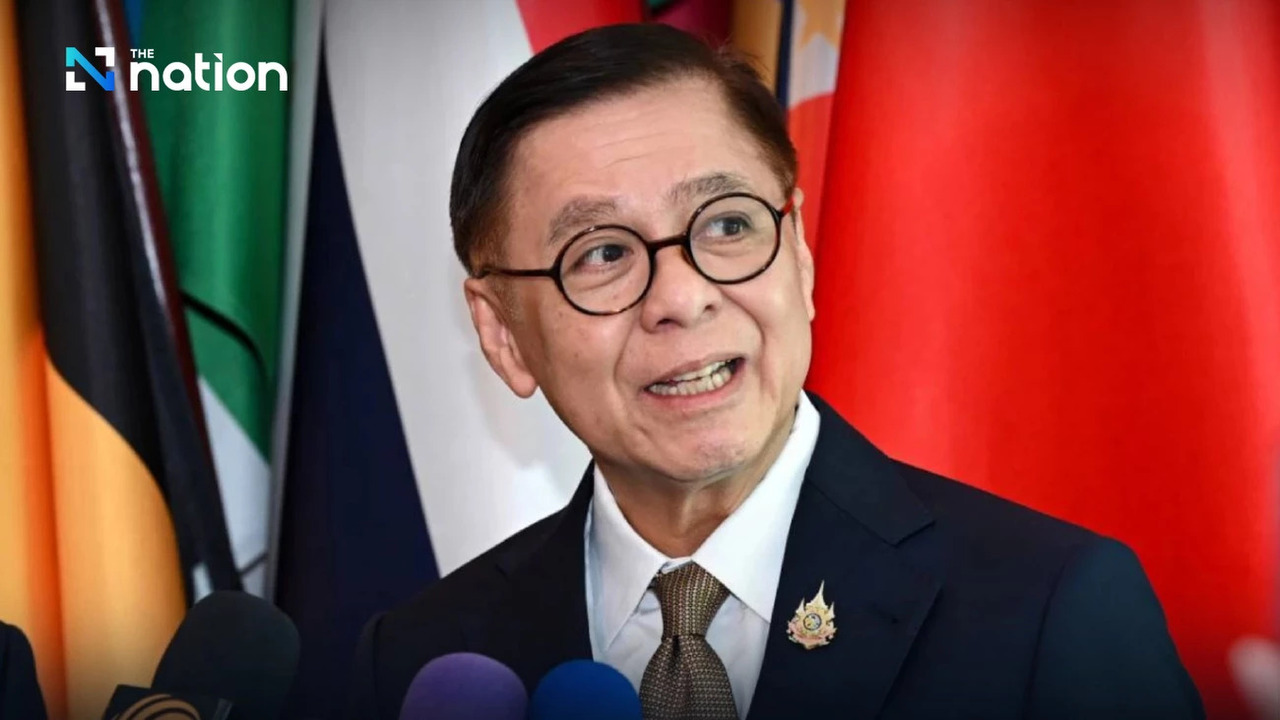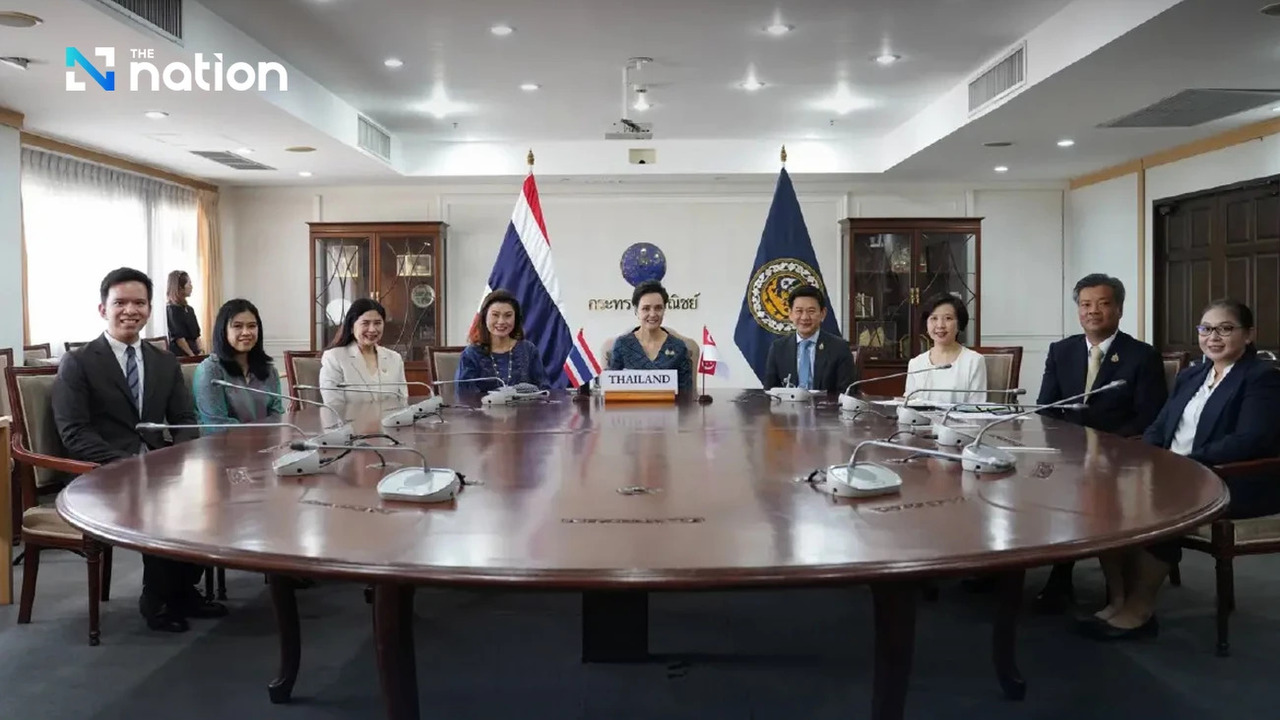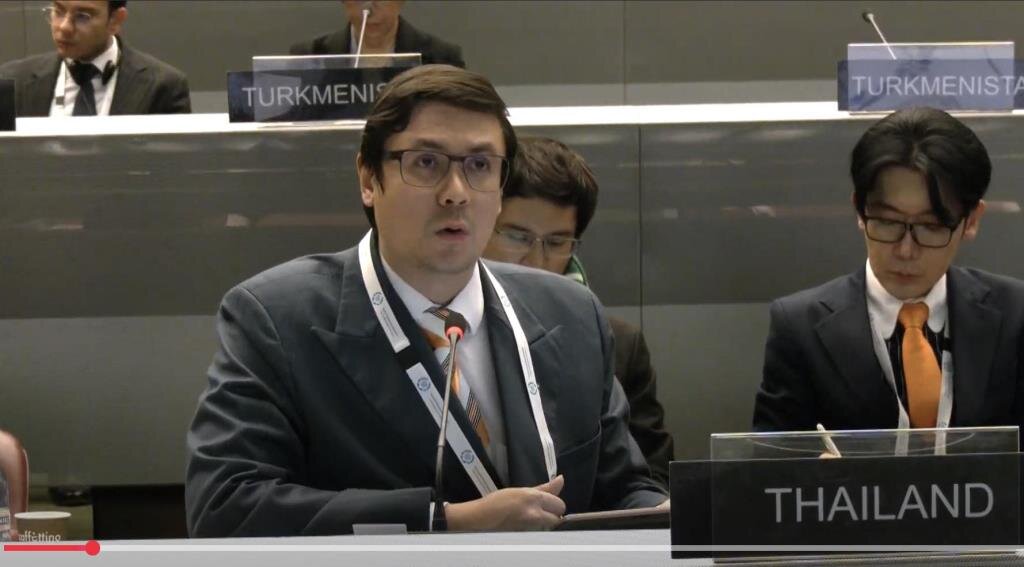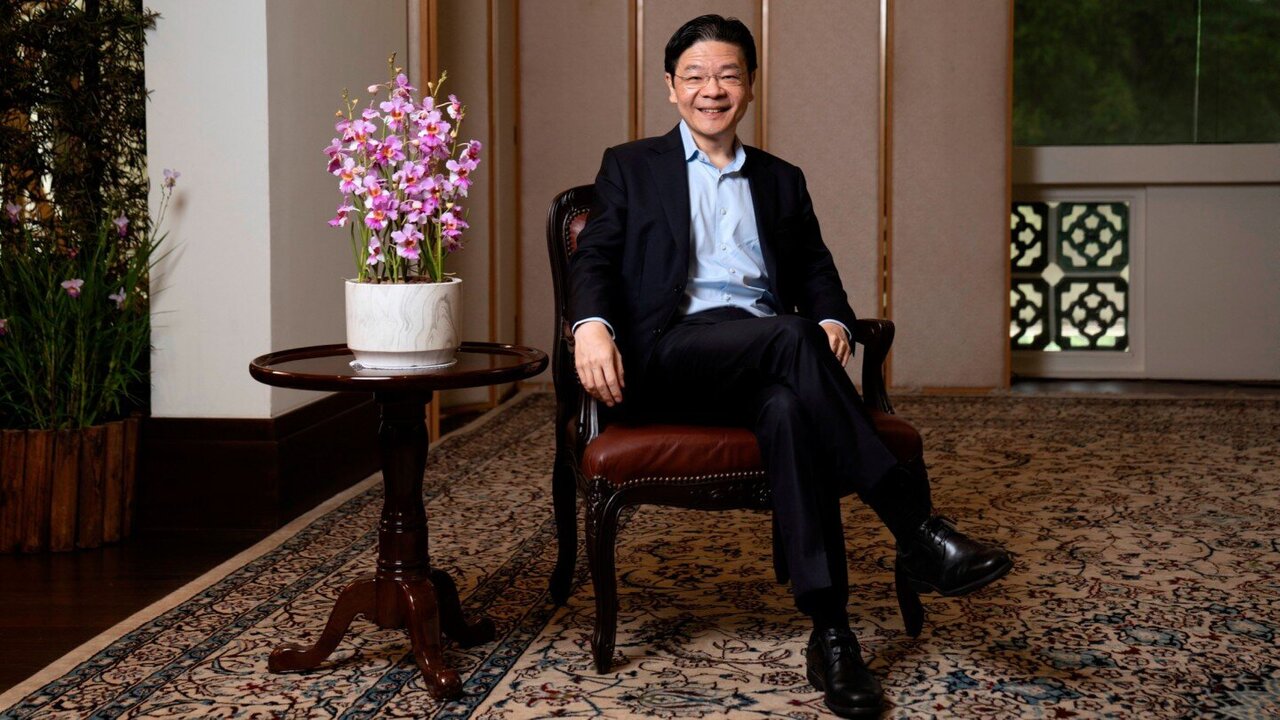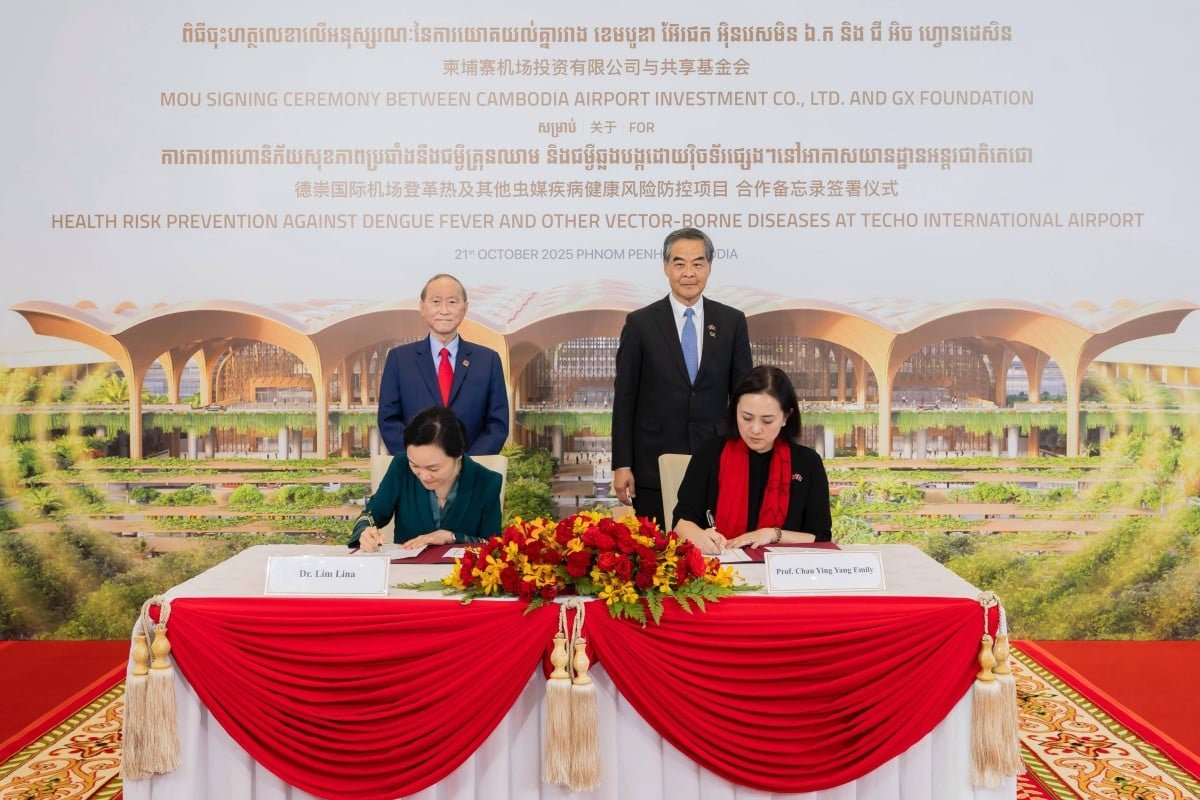
On 21 October, the foundation entered agreements with Cambodia Airport Investment Co. and Funan Techo Coastal-Inland Waterways Co. to launch “Health Risk Prevention against Dengue Fever and Other Vector-Borne Diseases” initiatives.
The projects will cover Cambodia’s new Techo International Airport and the Funan Techo Integrated Water Resources Management Project—a China-Cambodia infrastructure venture spanning some 180 kilometres.
Under the agreements, GX will donate and install mosquito-control equipment—such as mosquito lamps, bed nets and sticky fly traps—in construction camps, terminals and office zones.
It will also deploy educational materials on disease prevention for construction workers, airport staff and local communities.
GX Chairman Leung Chun-ying said the collaboration “reflects the evolving scope of the Belt and Road Initiative—progressing from building infrastructure to safeguarding human health, and from creating economic corridors to jointly building a global community of health for all.”
The foundation emphasised that the projects are conducted on a pro-bono basis and designed to benefit local populations.
At the Techo water-management site, GX will focus along the canal, flood-control and irrigation infrastructure from Phnom Penh Port through Kandal, Takéo, Kampot and Kep provinces.
At the Techo Airport, the charity will target high-risk zones inside the terminal where passengers, staff and nearby communities converge.
GX said this intensifies its work in Cambodia—building on earlier dengue-control collaborations with the Phnom Penh–Sihanoukville Expressway and cataract-treatment programmes in other provinces.
Leung explained that many large infrastructure corridors in the region can become vectors for mosquito-borne diseases, especially during construction phases when standing water accumulates or work-forces are temporarily resident.
He said Chinese infrastructure corporations were “seriously considering the social dimension” of their operations and GX’s role is to supply health-risk control in tandem.
The partnerships illustrate how humanitarian organisations and infrastructure firms can co-operate to preserve health while delivering large-scale projects.
With the expansion of these programmes, GX Foundation is advancing its mission of “people-to-people connectivity” within the Belt and Road framework, particularly in public-health and humanitarian assistance.
The groups involved view the new MOUs as reinforcing ties between China and Cambodia and promoting the communities that work and live around major infrastructure developments.
The next phase will emphasise deployment of equipment and local training, with results expected to be reported over the coming months.


